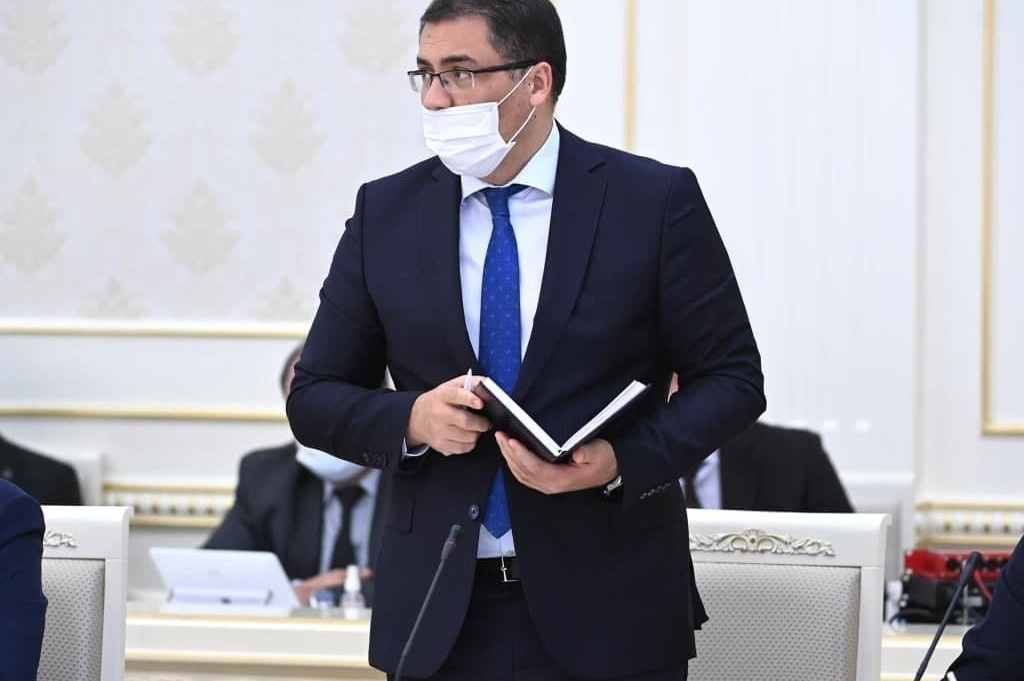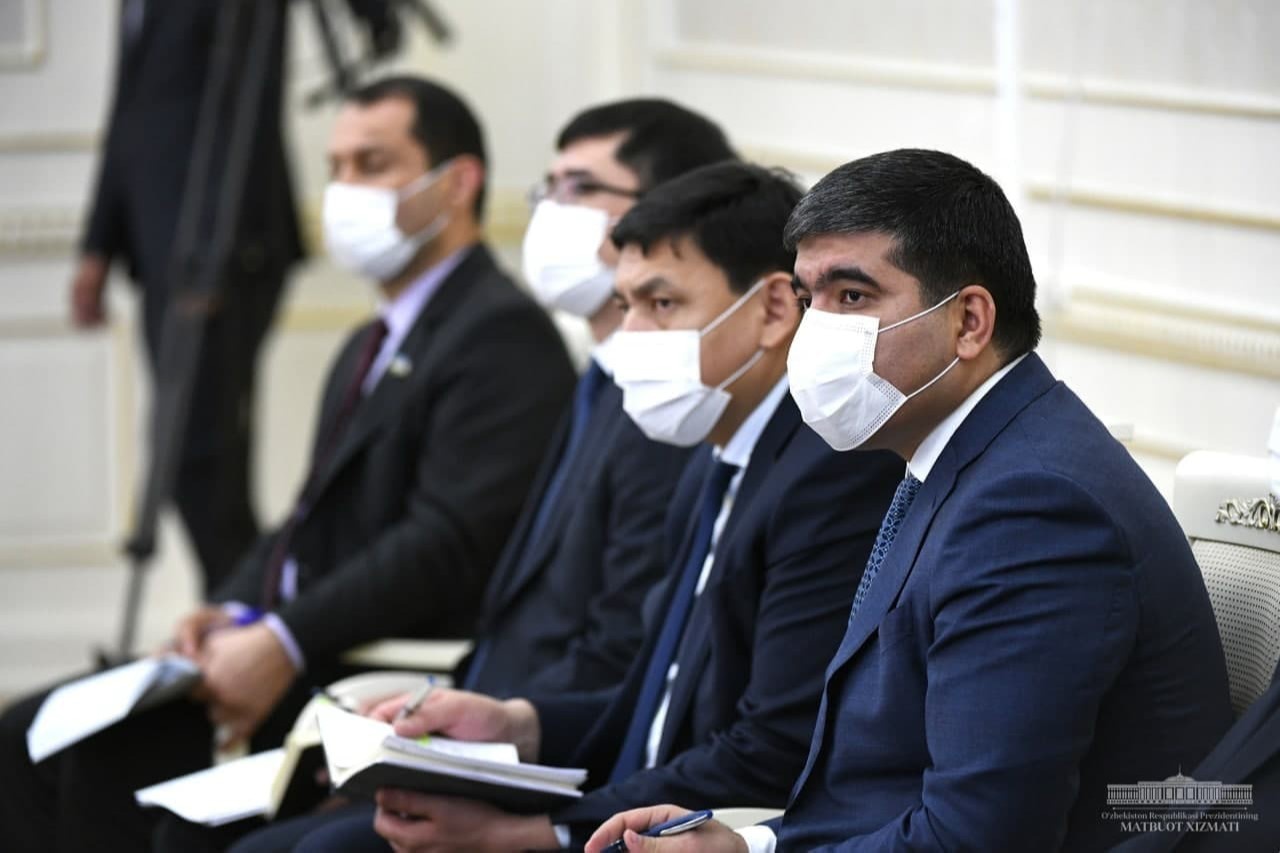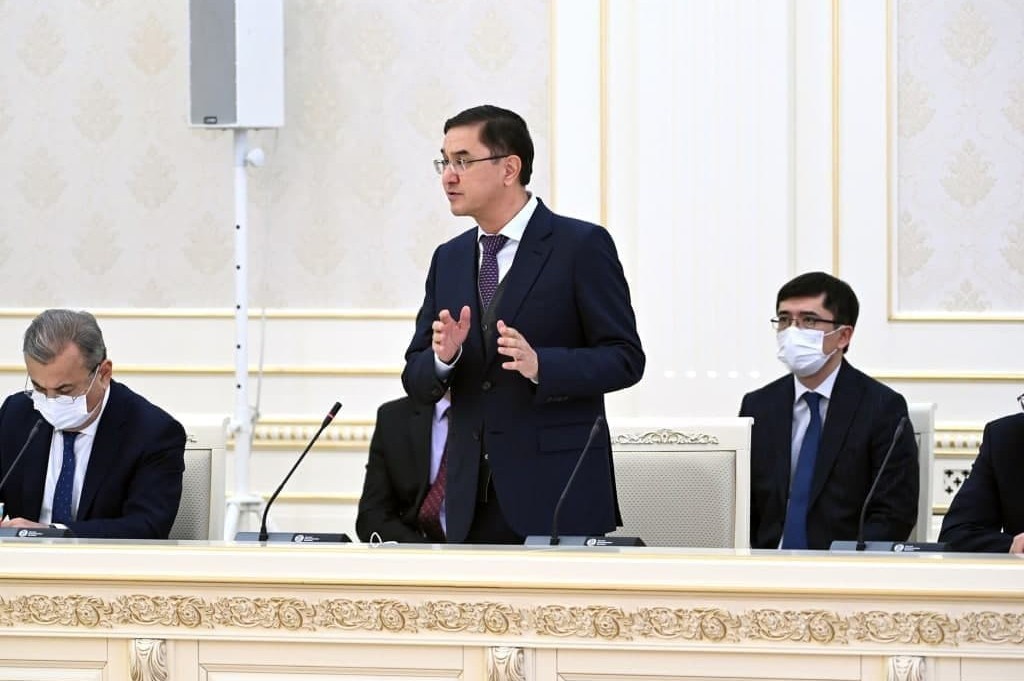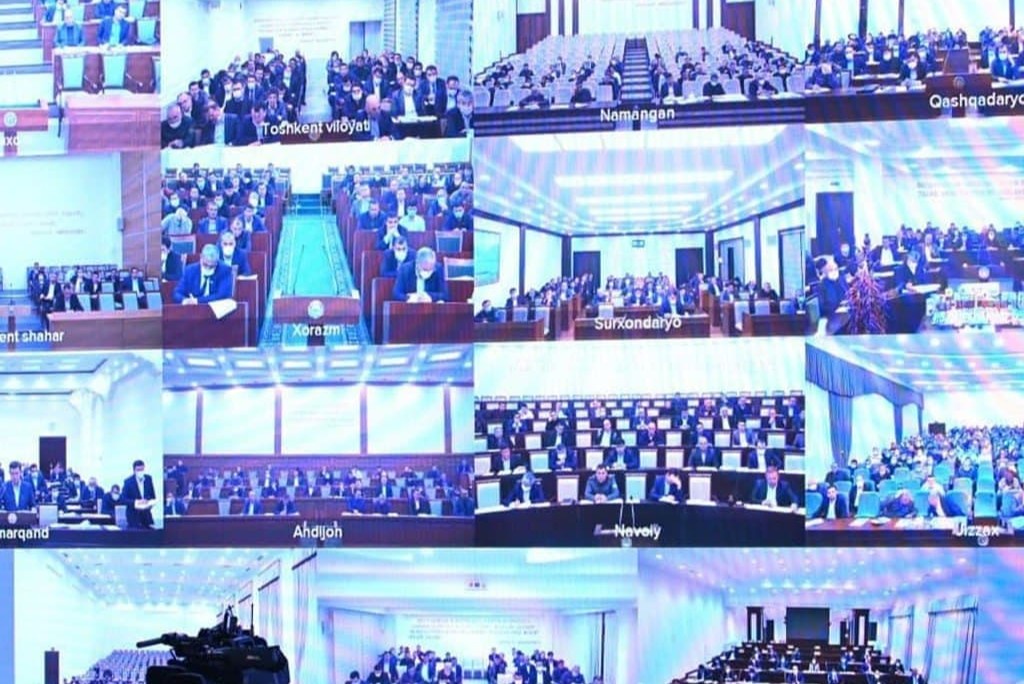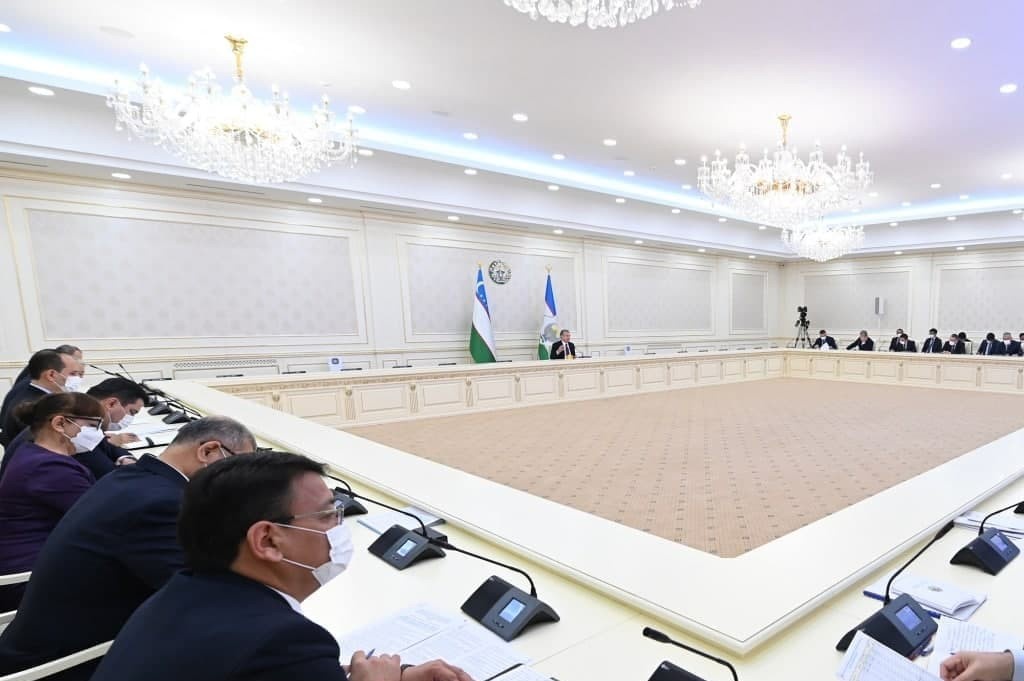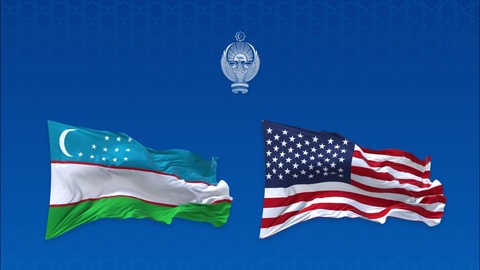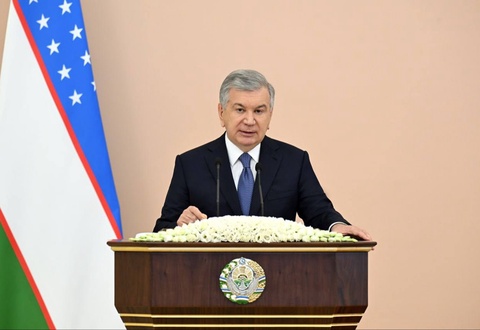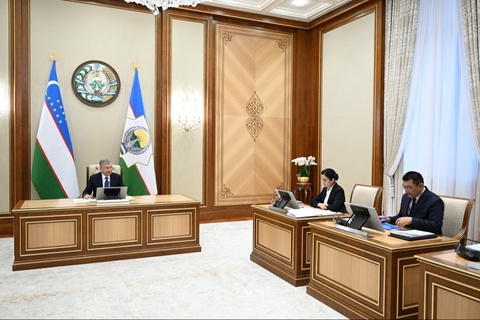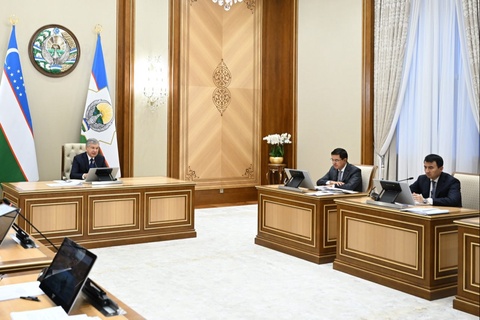In the process of agricultural development in the country, priority is given to the cluster system. In cotton-textile, grain, fruit, vegetable and viticulture clusters, the qualitative and quantitative indicators of production are steadily growing.
Clusters are also organized in the fruit and vegetable branch of agriculture. However, the results of their work do not yet correspond to the potential. According to estimates, the industry is capable of exporting products worth $5 billion, now this figure is $1.2 billion. Fruit and vegetable clusters in Asaka, Angor, Denau, Jambay, Samarkand, Oltiariq, Kuva, Yuqorichirchiq and Yangikurgan district are currently successfully exporting products worth $20-25 million.
At the meeting, the existing opportunities and problems in the sphere were analyzed, measures to increase productivity and employment of the population were discussed.
“Previously, in cotton growing, we only sold raw materials. In the best-quoted years, the income was about $1 billion. And today, we have reached $3 billion by processing cotton. And this is just an indicator of exports. And how many more jobs, sources of income and taxes have been created. If the work is organized correctly, such a result can be achieved in horticulture. The opportunity is under our feet”, the Head of the state said.
It was noted that a new system for the development of fruit and vegetable clusters, dehkan and subsidiary farms, their financing, as well as the expansion of the provision of agricultural services will be introduced.
From December 1 this year, preferential loans will be provided to producers of fruit and vegetable products through the State Support Fund for Agriculture. For this, a trilateral agreement will be concluded between the cluster, the farmer and the bank. Loans will be issued for one year at a rate of 14 percent with a grace period of 6 months.
The clusters will also have access to 12-month revolving loans to purchase products from the population. That is, the clusters will use funds as needed and pay interest payments only for the period of using the loan. 2 trillion UZS will be allocated for these purposes.
Loans without collateral will be provided for up to 100 million UZS at a preferential rate of 14 percent per annum for the creation of small intensive orchards, vineyards and the development of horticulture. $100 million of funds from international financial institutions will be directed for these purposes.
In addition, 50 percent of the expenses of the clusters on the insurance of the harvest of fruits and vegetables against risks will be reimbursed from the budget.
The relevant ministries have been instructed to organize this system.
On November 23, the President of the Republic of Uzbekistan signed a resolution on measures for the development of family entrepreneurship in horticulture and viticulture, increasing the share of dehkan farms in agricultural production. The resolution provides for the provision of 80 thousand hectares of land to the population for organizing dehkan farms, freed by reducing cotton and grain areas.
The land ranging from 10 acres to 1 hectare will be leased for 10 years following an open electronic tender.
The Head of the state emphasized that the main criterion, in this case, should be the number of jobs created and the agricultural experience of applicants, and in their selection, the main attention should be paid to representatives of the low-income strata of the population.
Within the framework of family entrepreneurship programs, newly formed farms will be provided loans for 2 years with a 6-month grace period. However, if the land is not used efficiently, the lease can be terminated in court.
Responsible persons were instructed to place land for an open tender and cadastral registration of the provided plots under the above requirements.
The population of the country has at its disposal about 500 thousand hectares of household land. Next year, it is planned to allocate $100 million for their effective use. The funds will be provided on a concessional basis under the family entrepreneurship program.
Enterprises for servicing subsidiary farms will also be provided loans worth up to 300 million UZS without collateral. Based on enterprises with high-efficiency indicators, it is planned to create clusters of auxiliary services, which will provide services for the construction of nurseries, have their fleet of equipment, a refrigerated warehouse, equipment for drying, sorting and packaging products.
To purchase products harvested by subsidiary farms, cooperatives will be created in each district. They will be provided with subsidies.
The issue of irrigation of crops is also relevant. It has been determined that the procedure for partial compensation from the budget for irrigation of household land and areas out of use in places where access to water is difficult will be extended until January 1, 2026.
Keeping chickens, rabbits and livestock on a subsidiary farm is an important source of abundance and income for families. In this regard, special attention at the meeting was paid to the development of poultry breeding, the organization of veterinary services and incubators in each district, and the delivery of feed.
The task was set to organize project offices in the districts for the development of horticulture and viticulture.
Deputy Prime Ministers, heads of industries and regions presented information on the issues discussed at the meeting.





